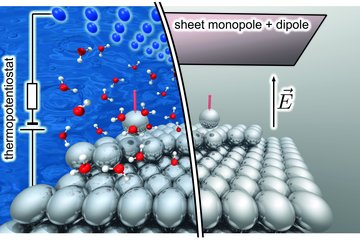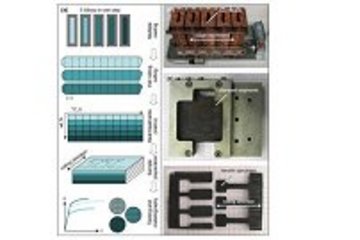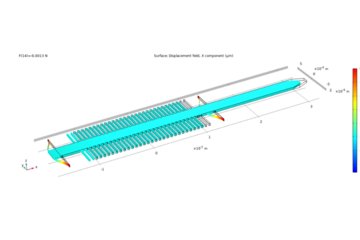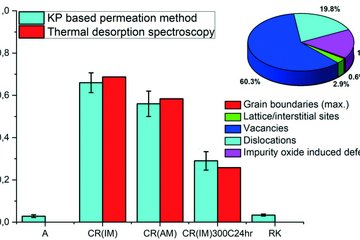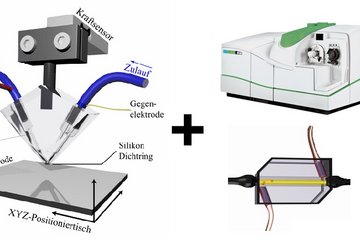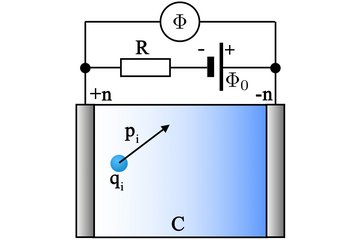All genres
1.
Journal Article
In-situ Electrochemical Studies of Forming Induced Defects of Organic Coatings on Metals. Electrochim. Acta 54 (13), pp. 3553 - 3560 (2009)
2.
Journal Article
Synthesis and characterisation of surface gradient thin conversion films on zinc coated steel. Electrochimica Acta 52 (3), pp. 804 - 815 (2006)
3.
Talk
In-situ Electrochemical Investigations of Polymer Coated Steel During Tensile Testing. 11th ECASIA, Vienna, Austria (2005)
4.
Thesis - PhD
Corrosion protection properties of formed, organically coated electro-galvanised steel. Dissertation, Universität Paderborn, Paderborn, Germany (2008)






